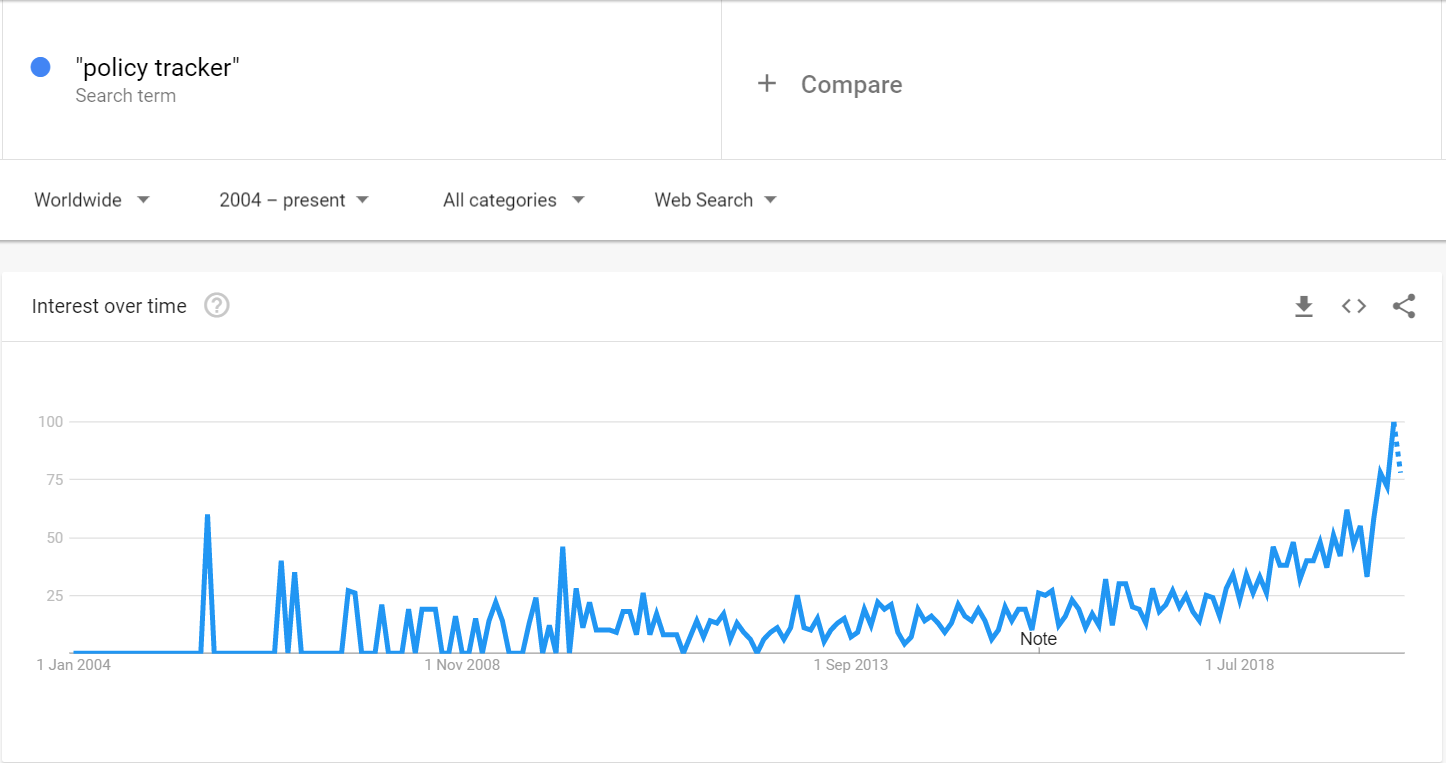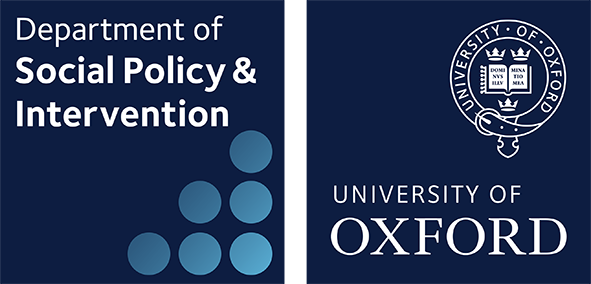The Global Rise of Policy Trackers
In the first half of 2020, countries around the world were affected by the COVID-19 pandemic. Many countries have responded comprehensively, and measures taken range across nearly all policy areas. The rapid implementation made it challenging to keep track of developments. Right from the start, researchers around the globe began documenting policy responses in real-time. These collections have created the foundation for evidence-based decision making and deeper analysis.
Documenting the large number of measures in real time has been an enormous effort. Over the past months, international organisations, think tanks and academics have started to document policy responses more systematically and to specialise in their core areas of expertise. Today, the policy areas covered encompass nearly all fields ranging from macroeconomics to social protection, education to media, and civic freedoms to elections. Some trackers cover a wide range of policies, while others provide lots of detail on specific aspects, such as on prison systems, on violent conflicts or on paid sick leave.
The need for fast-paced monitoring during the pandemic created pressing demand for data and analysis. Since the start of the pandemic, Google searches for “policy tracker” have skyrocketed. This new type of real-time data to inform comparative research and evidence-based policymaking has made its breakthrough amidst the turbulence of the crisis.
 Source: Google Trends (31.07.2020).
Source: Google Trends (31.07.2020).
Making the data publicly available in real-time provides an immensely valuable public good. However, even for fast-paced policymakers, it has been challenging to stay up to date with the growing number of information resources. To address information overload, the Oxford Supertracker provides a global directory with immediate access to over hundred existing policy trackers, novel datasets and surveys. Data sources are structured by policy area, country coverage, data format and authors allowing users to quickly search and identify relevant information resources. We aim to assist researchers and policymakers in navigating through the rapidly growing number of data sources, thereby supporting analysis and evidence-based decision making to mitigate the impact of the global COVID-19 crisis.
